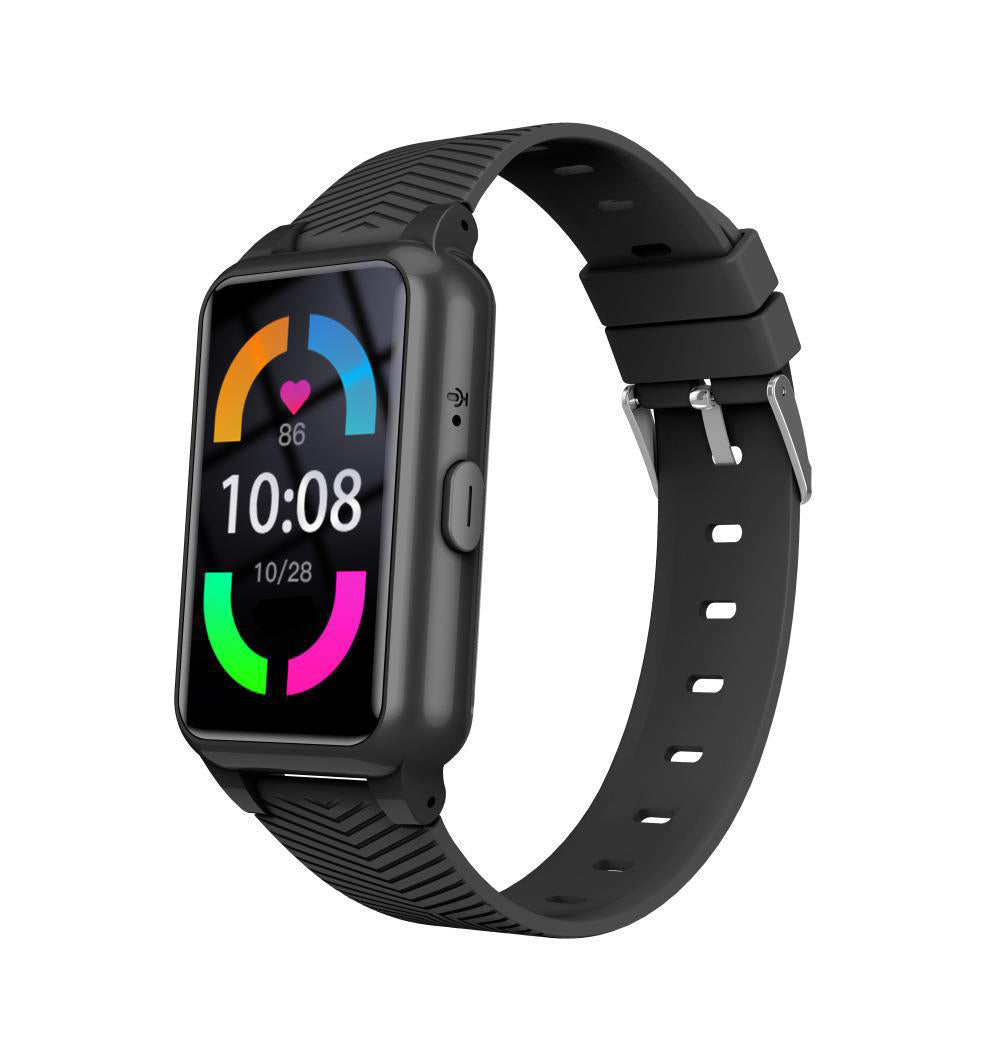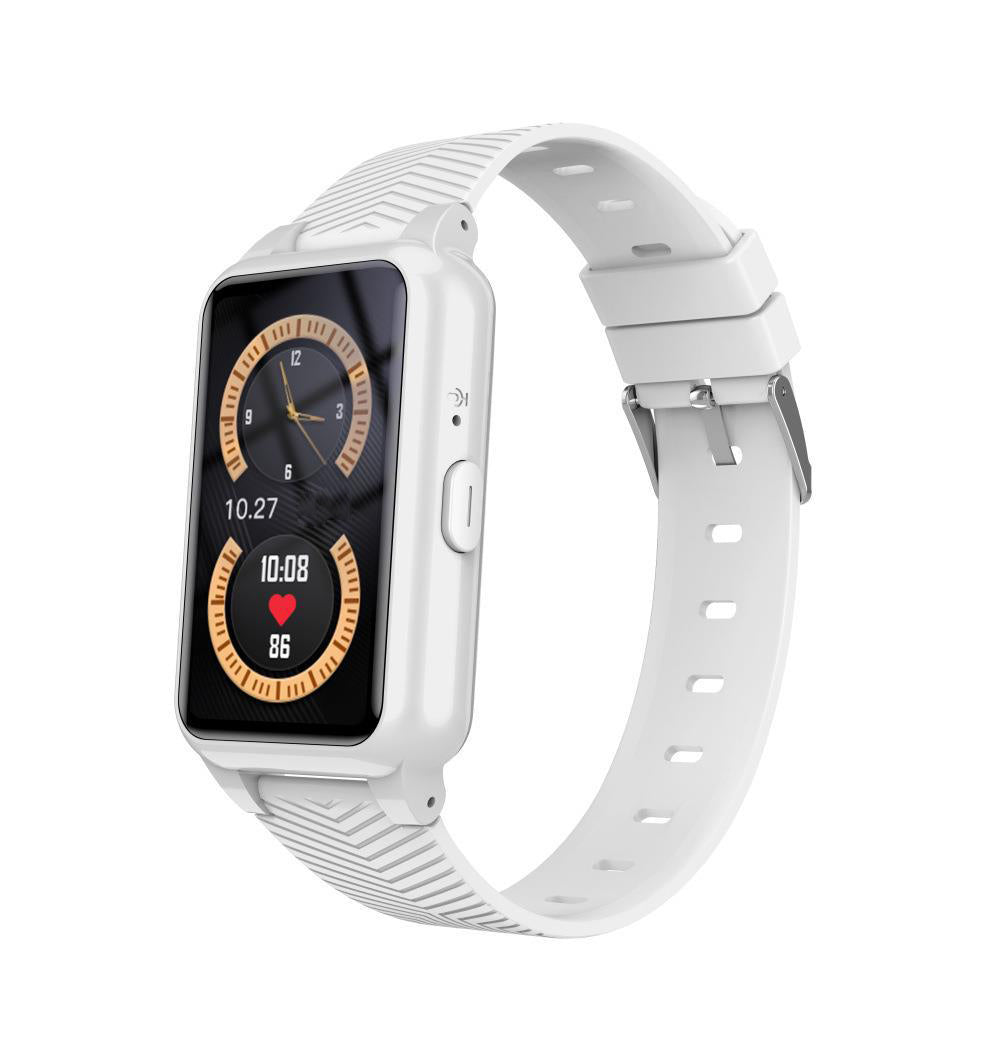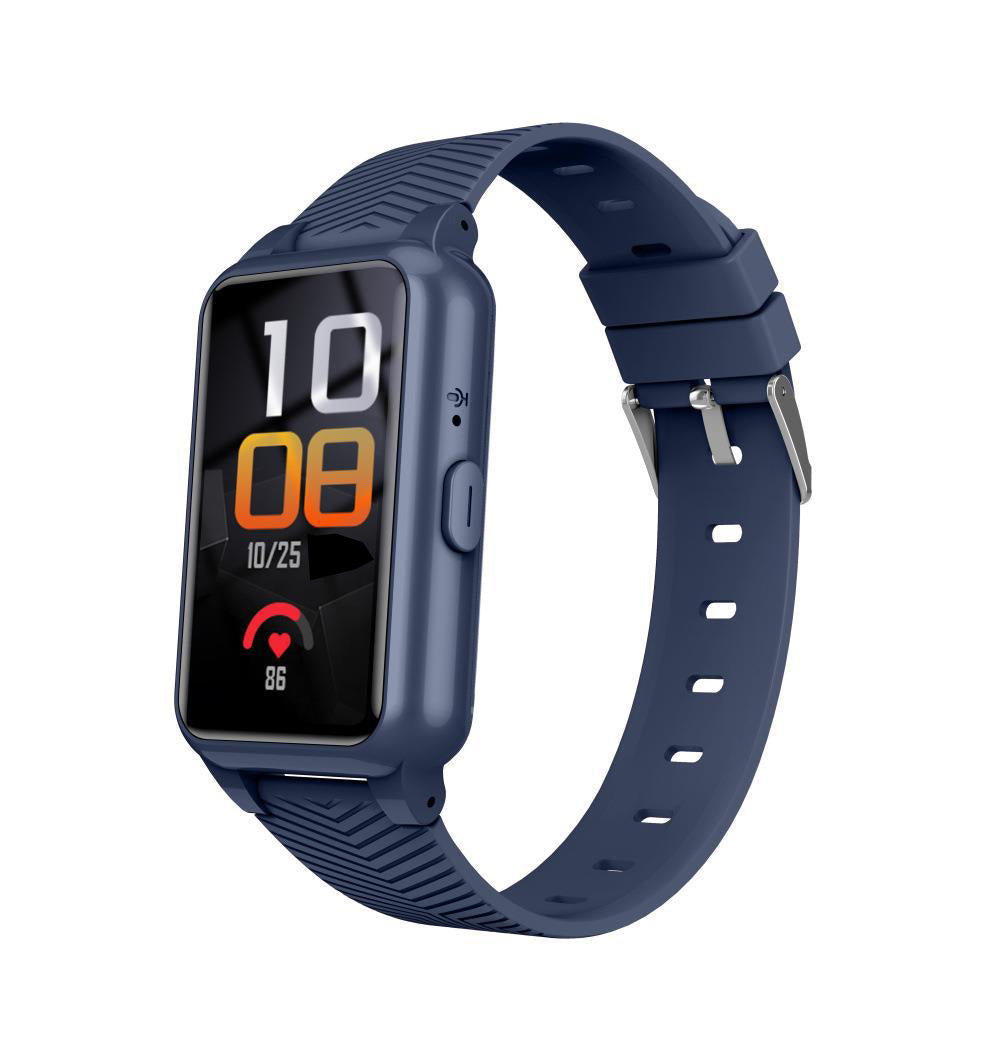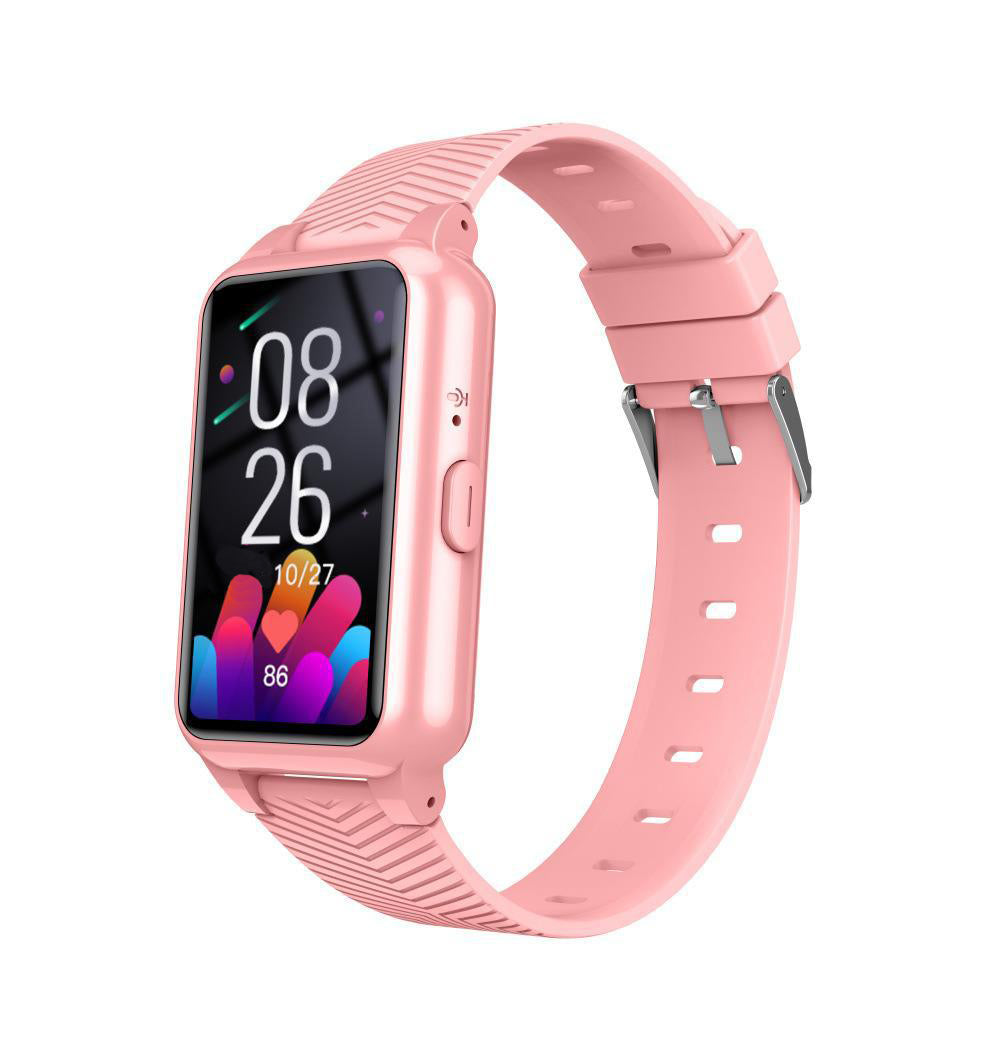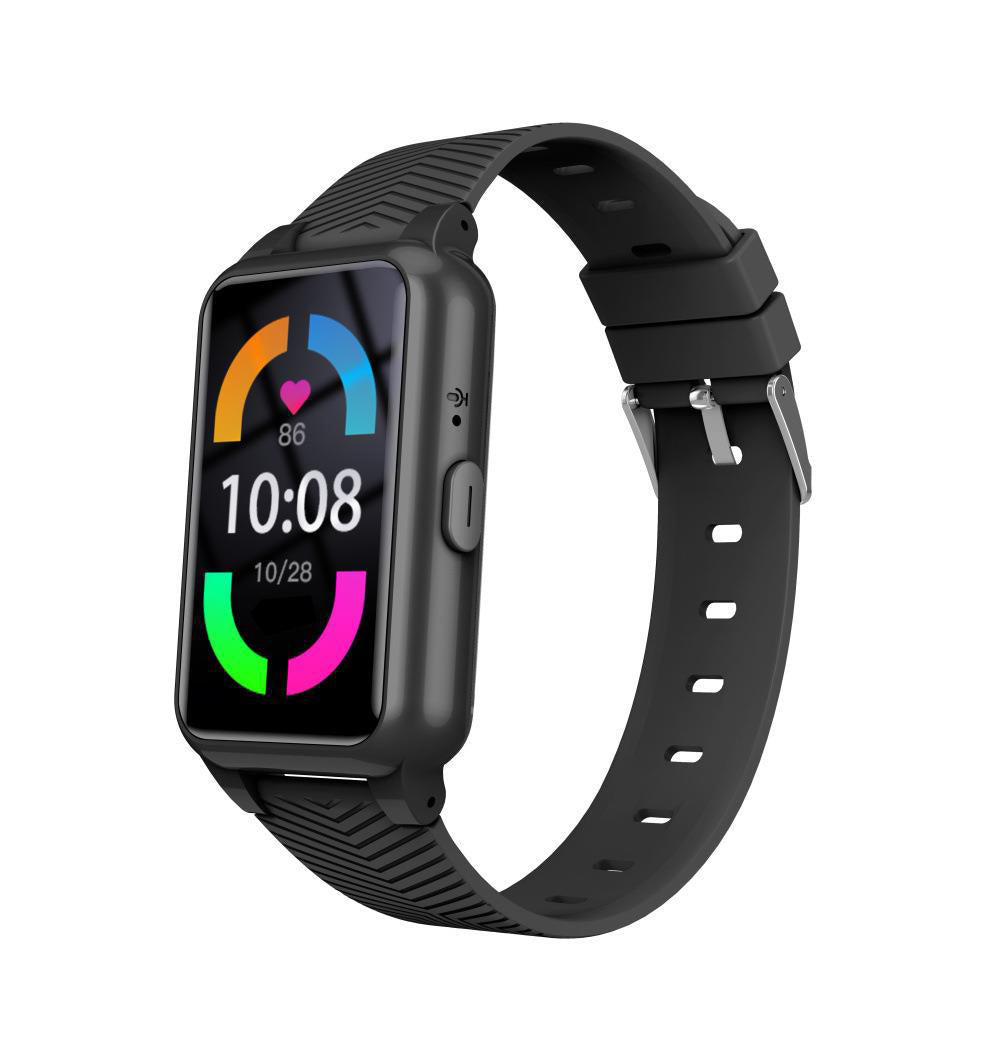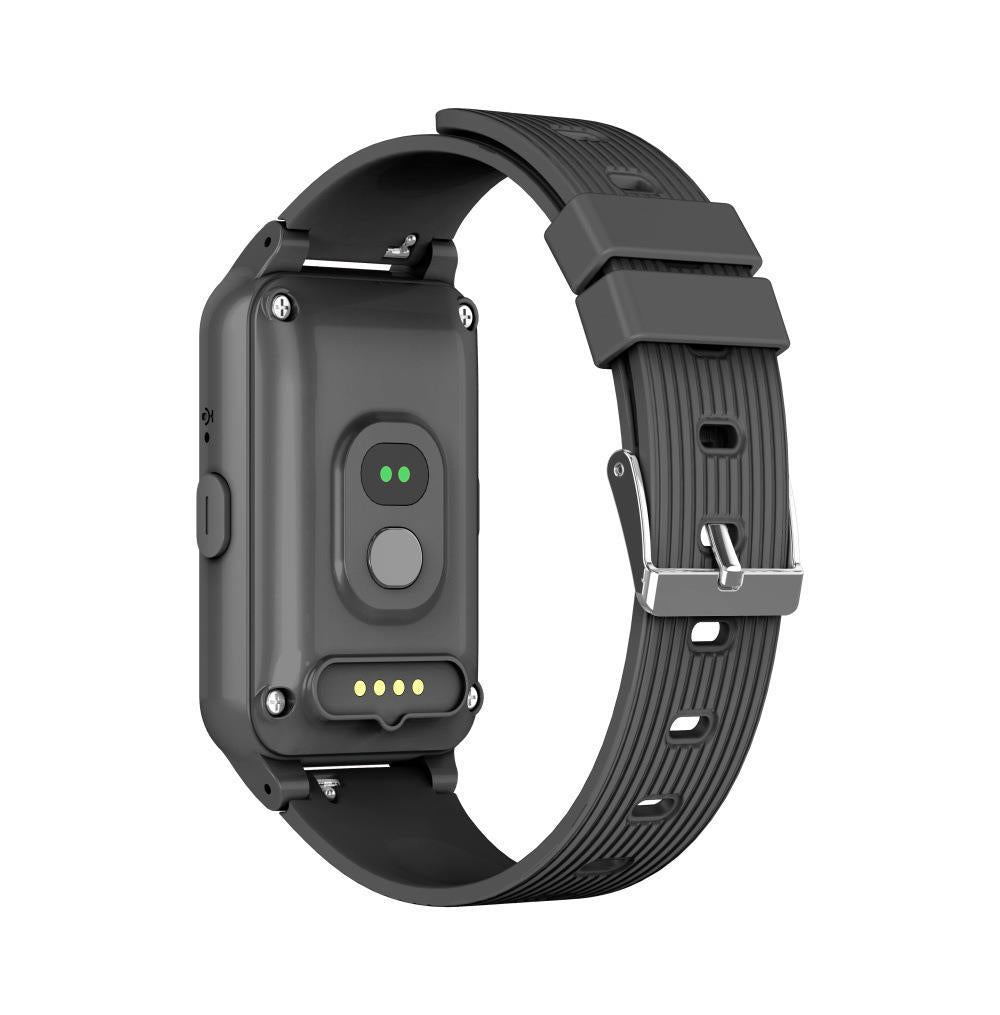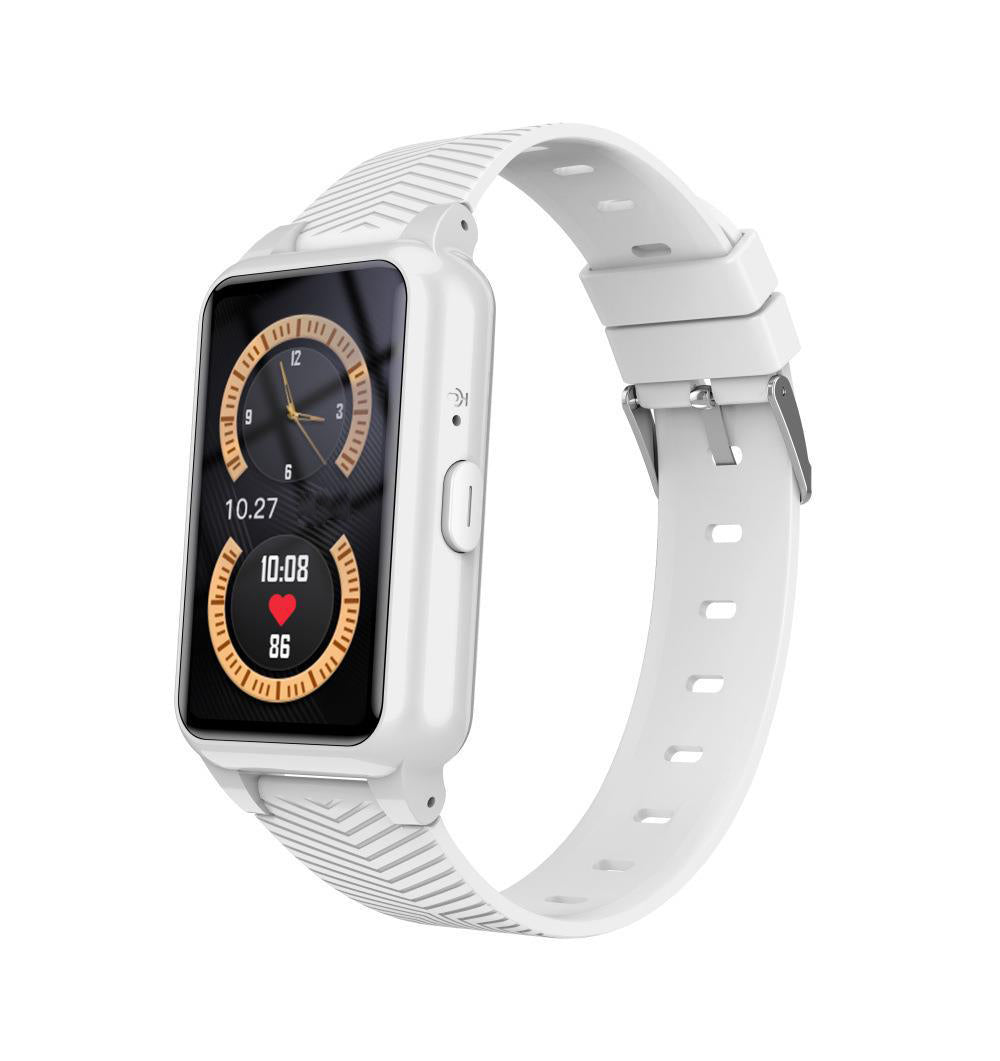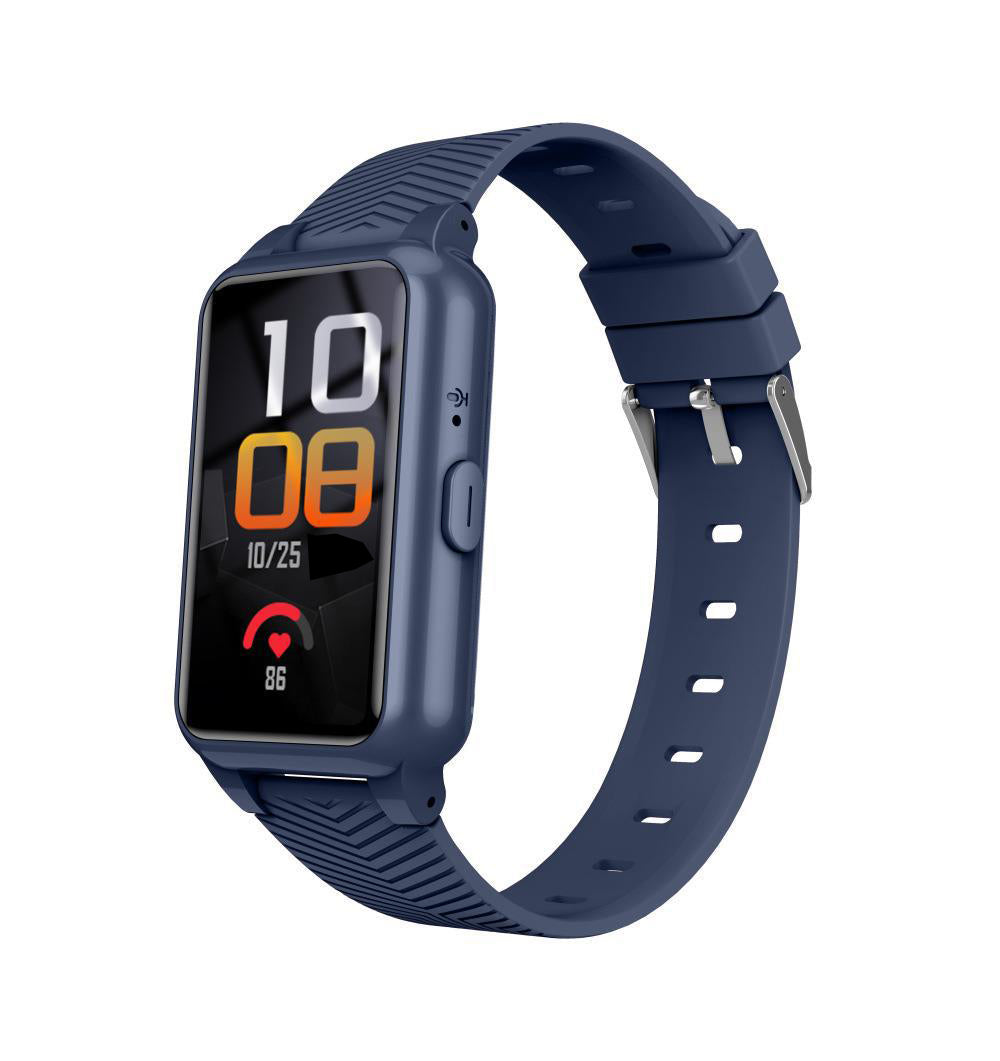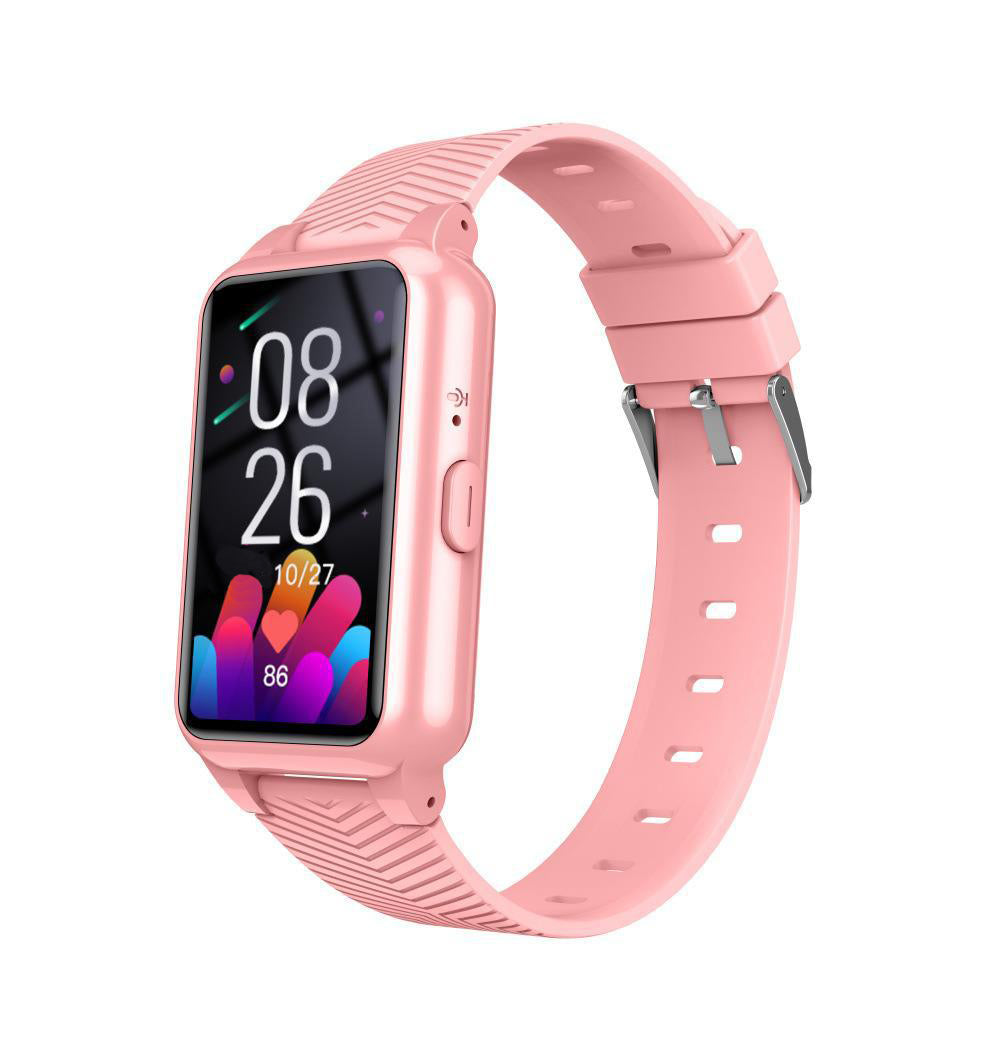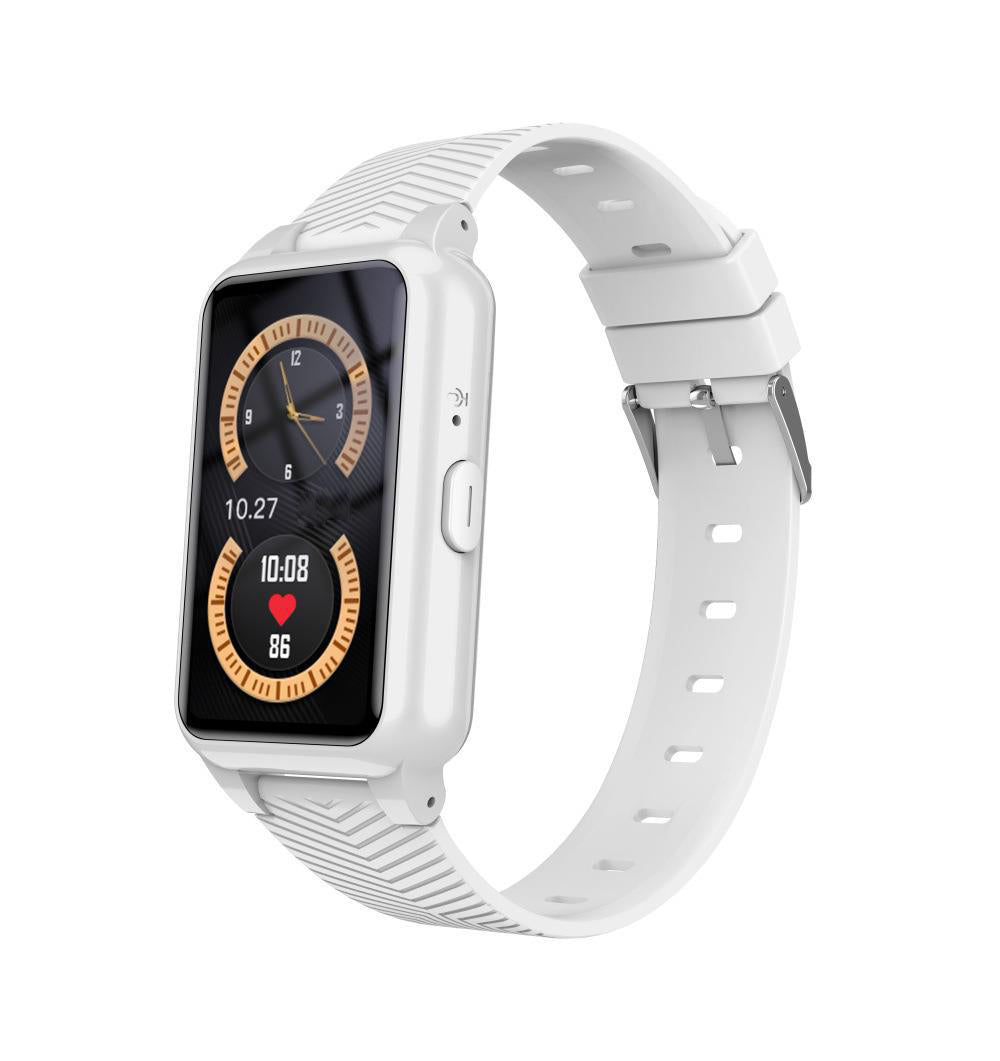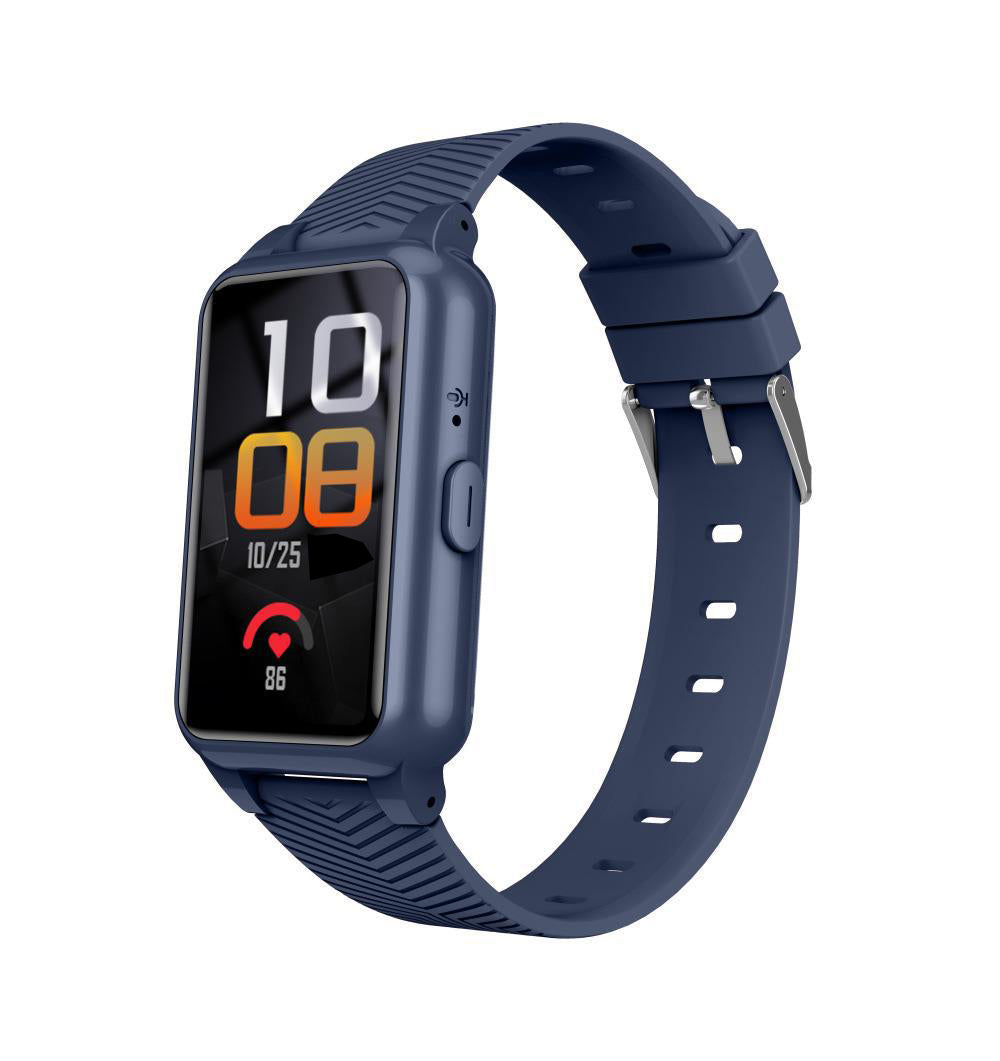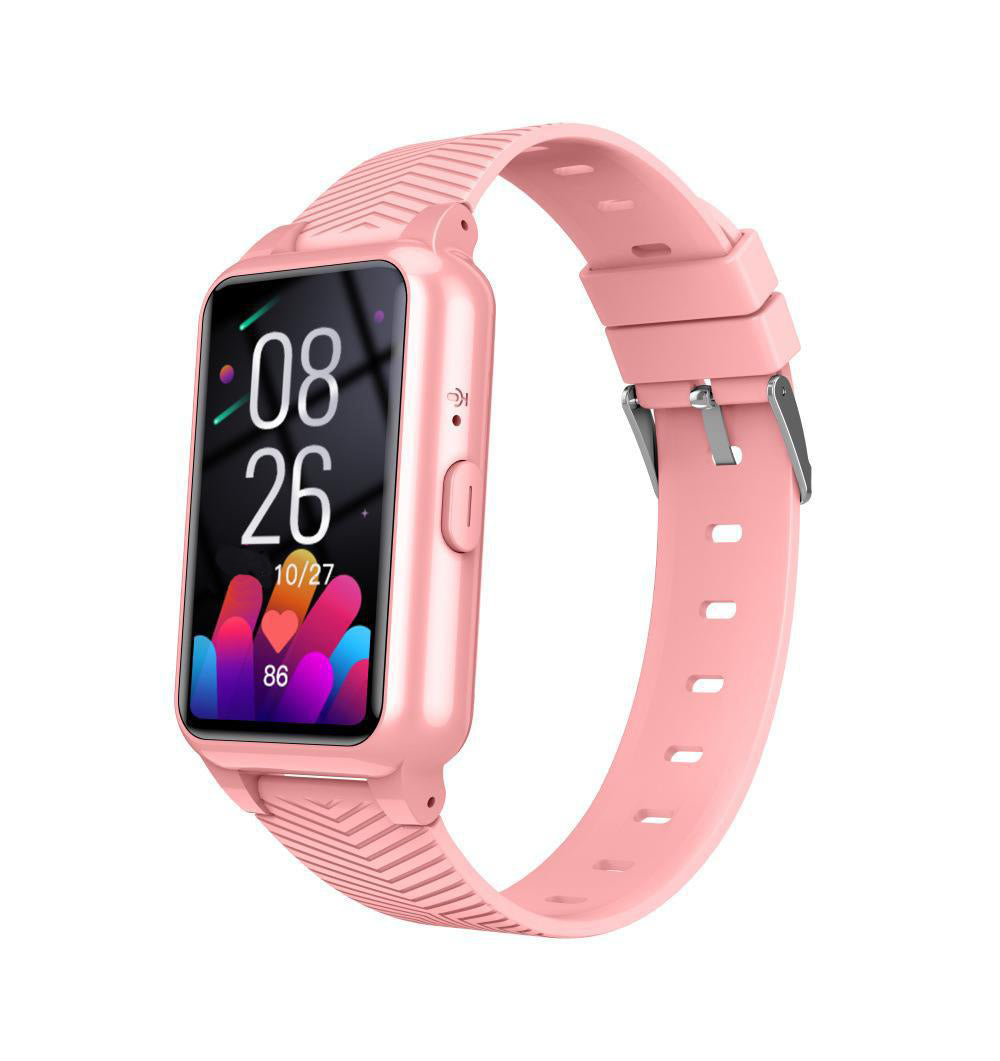As we advance in years, the desire to maintain our independence and continue living in our own homes can sometimes be a challenging endeavour. It’s in this sphere that assistive technologies have come to play an increasingly pivotal role. These innovative solutions are designed to aid seniors in their daily routines, enabling them to age in place with dignity and self-reliance.
The convergence of technology and gerontology has not only enhanced the quality of life for older adults, but also provided reassurance to their loved ones about their safety and well-being. Such advancements have proven to be a game-changer in the landscape of elder care, offering an alternative to traditional retirement homes or assisted living facilities.
As we explore these assistive technologies, we'll discover how they are facilitating a paradigm shift in our approach to ageing, fostering a culture that values autonomy, inclusivity, and the richness of lived experiences.
Types of Assistive Technologies for Seniors
Assistive technologies are available in a diverse array of forms, catering to various needs and challenges that seniors may face as they age. The following are some of the key categories of assistive technologies that serve to enhance the lives of seniors who choose to age in place.
Fall Prevention and Detection Devices
Falls are one of the most common risks facing seniors, leading to injuries, hospitalisations, and limited mobility. To help mitigate this risk and ensure seniors' safety, fall prevention and detection devices are vital additions to their living spaces. Some examples of these devices include:
- Wearable fall detectors: Devices such as pendants or smartwatches can detect when a senior has experienced a fall and immediately alert designated contacts or emergency services.
- Non-slip mats and flooring: Installing non-slip mats and flooring options in high-risk areas such as bathrooms and staircases can significantly decrease the chances of a fall occurring.
- Grab bars and handrails: Strategically placed grab bars and handrails offer additional support for seniors as they move around their homes, reducing the likelihood of unsteady footing and falls.
Medication Management Systems
As many seniors take multiple medications daily, having an efficient system in place for managing medication schedules is essential to avoid potential oversights or complications. Some popular medication management solutions are:
- Automated pill dispensers: These programmable devices release the correct dosages of medications at the pre-set times, preventing medication mix-ups and missed doses.
- Medication reminder apps: Mobile applications can be installed on smartphones or tablets to provide seniors with medication reminders, instructions, and dosage tracking capabilities.
Communication and Safety Devices
Staying connected with loved ones and caregivers is a crucial aspect of seniors' well-being as they age in place. Communication and safety devices foster a sense of security and enhance seniors' accessibility to assistance when needed. Examples of these devices include:
- Personal Emergency Response Systems (PERS): PERS enable seniors to quickly and easily call for help in case of an emergency, typically through a wearable pendant or wristband connected to a monitoring centre.
- Video conferencing tools: Applications such as FaceTime or Zoom allow seniors to have face-to-face conversations with their loved ones, caregivers, or medical professionals - fostering social interactions and enabling remote healthcare consultations.
Home Automation and Smart Home Devices
Home automation and smart home devices can greatly assist seniors by simplifying their daily routines and increasing overall accessibility. Some popular smart home devices that can benefit seniors are:
- Smart lighting and switches: Automatic lighting and switches can be programmed to turn on or off at specific times or respond to voice commands, reducing the need for seniors to navigate dark spaces or reach for switches.
- Smart thermostats: Programmable thermostats can be remotely controlled and scheduled to maintain desired temperatures, ensuring seniors' comfort and well-being.
- Voice-activated assistants: Devices such as Google Home or Amazon Echo offer seniors the convenience of controlling various home features and accessing information through voice commands.
Now that we have explored the various categories of assistive technologies, let's delve into the distinct advantages they offer seniors and their caregivers.
The Advantages of Assistive Technologies for Aging in Place
- Increased Safety: Assistive technologies provide seniors with added safety measures, reducing the risks of falls, injuries, and medical complications.
- Enhanced Independence: By offering support and simplifying daily tasks, these technologies enable elderly individuals to maintain their independence and autonomy as they age in place.
- Improved Quality of Life: Assistive technologies can reduce seniors' struggles with daily tasks, promote communication, and generally improve their quality of life.
- Reduced Caregiver Burden: By equipping seniors with the necessary tools and devices, caregivers can provide more efficient and focused care, reducing stress and promoting a healthier caregiver-senior relationship.
Empowering Senior Citizens: Assistive Tech for Independent Living
The potential of assistive technologies to revolutionise the way we approach ageing is vast, and their role in empowering seniors to age in place cannot be overstated. With the broad range of available assistive technologies, there are tailored solutions to meet each senior's unique needs and preferences. At MedAlert, we are committed to providing seniors and their caregivers with the best options for ageing in place, ensuring a secure, comfortable, and dignified future for our ageing population with our senior medical alert devices.


